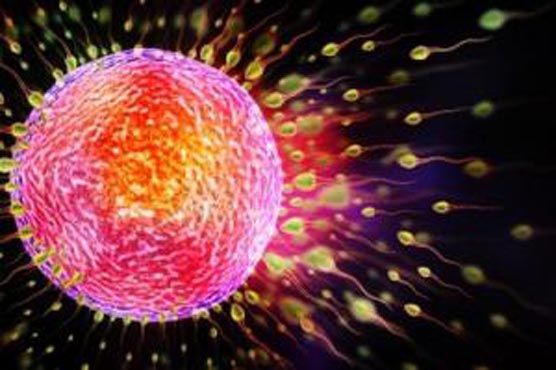Indians becoming impotent, infertility on rise

Indian men are facing a queer problem of both reduced sperm count and sub-optimal sperm quality.

Indian men are facing a queer problem of both reduced sperm count and sub-optimal sperm quality.